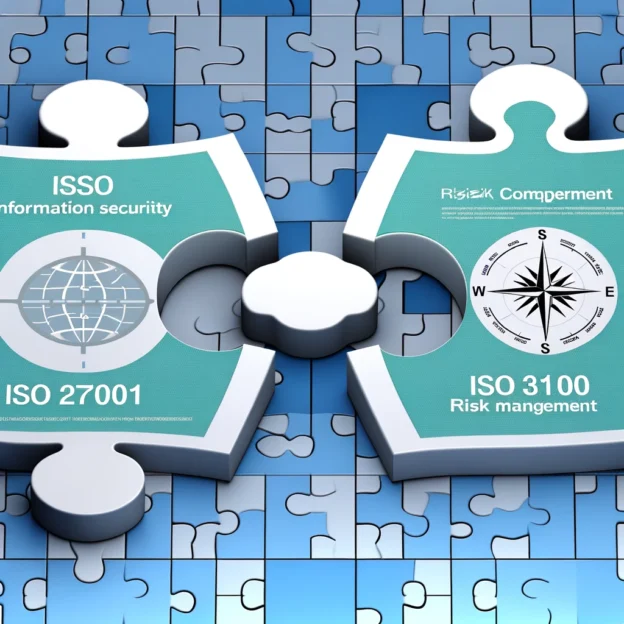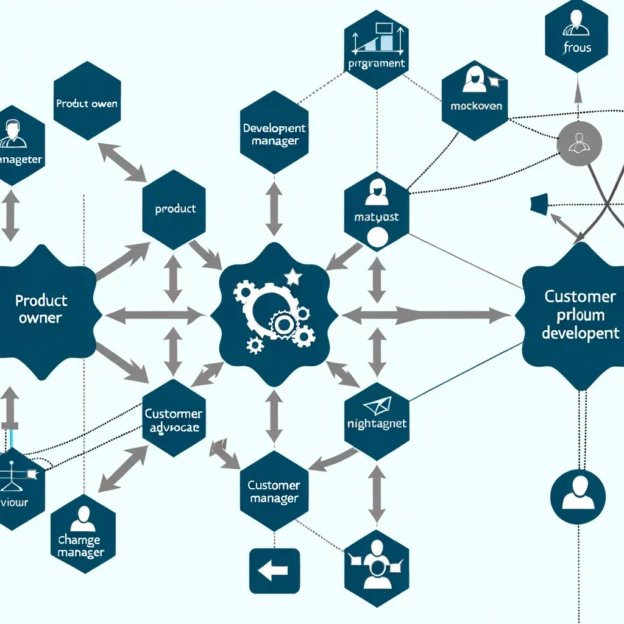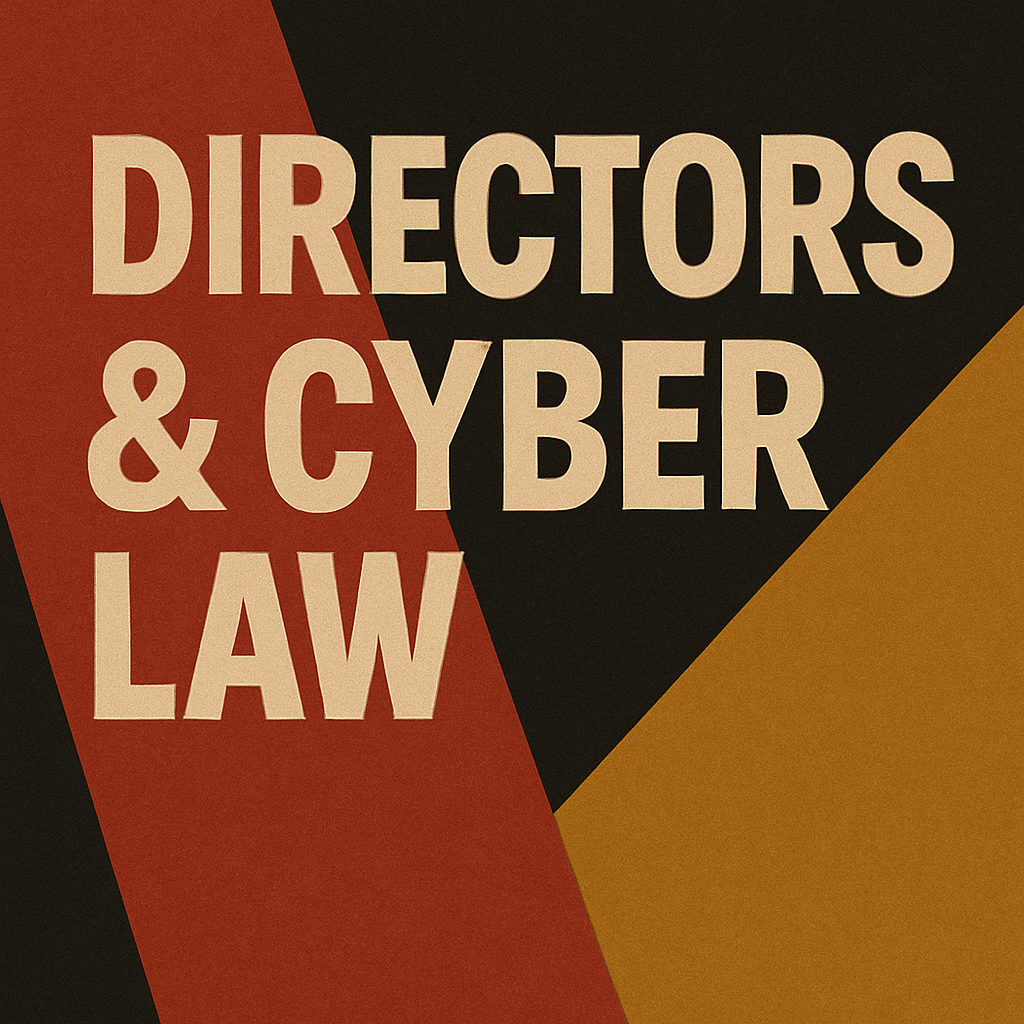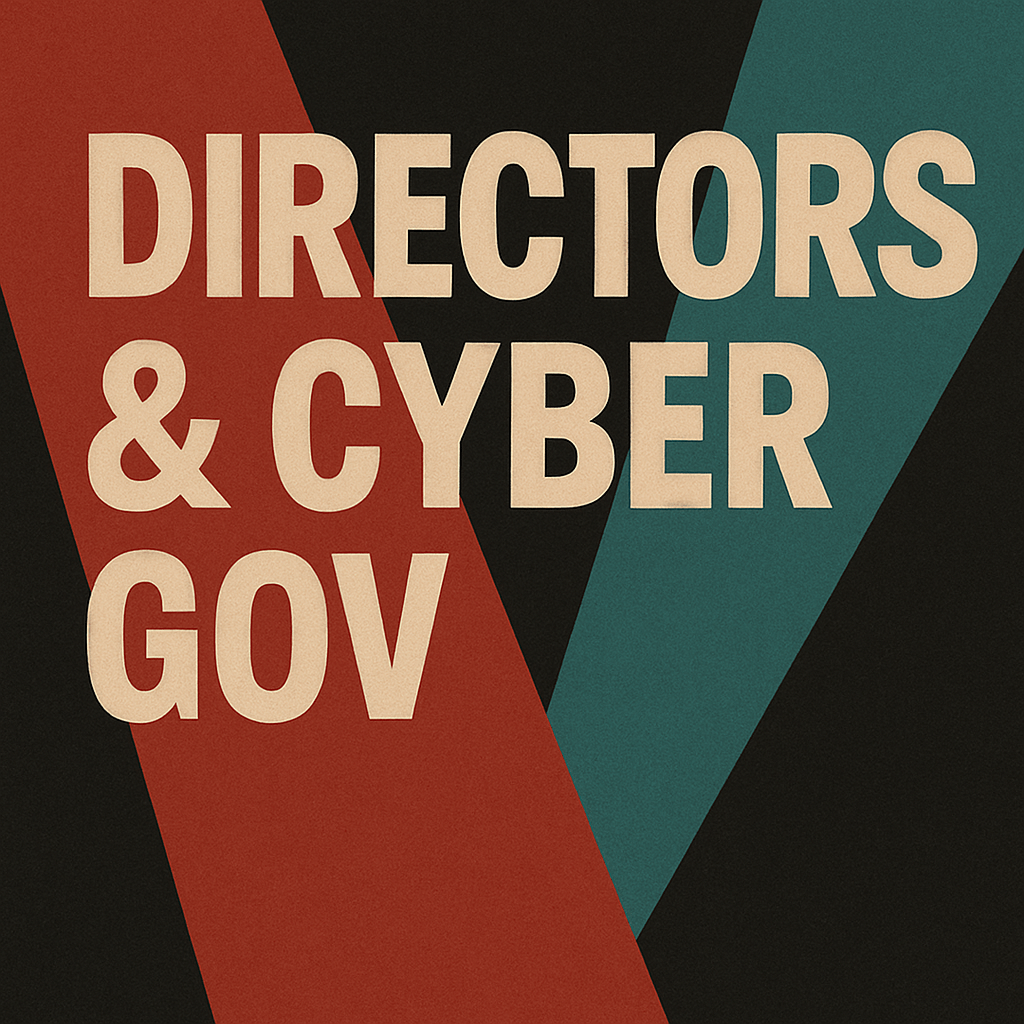Neurodiversity is not just a concept; it is a testament to the boundless potential of the human mind. It’s the understanding that our brains, like the landscapes of the earth, are wonderfully diverse, each contour and crevice holding the possibility of unique thoughts, perspectives, and ways of interacting with the world. This diversity is not a weakness to be corrected, but a strength to be celebrated and harnessed.
Continue reading










